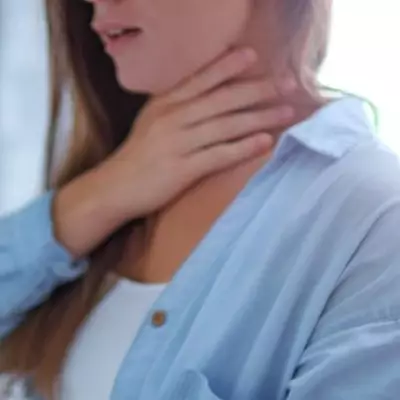
When the searing pain struck during a routine gym session, Megan Williams assumed she'd simply overdone it. Like many of us, she brushed it off as a muscle strain. But this was no ordinary injury - it was the beginning of a years-long medical mystery that would ultimately reveal a shocking truth.
The Pain That Wouldn't Go Away
"I genuinely thought I'd hurt myself working out," Megan recalls. "The pain was intense, right in my chest area, and it seemed to coincide with my monthly cycle. But I never connected the two - why would I?"
For months, Megan visited doctors and specialists, undergoing countless tests. The 28-year-old from Manchester faced repeated misdiagnoses and dismissive attitudes that left her frustrated and in constant discomfort.
A Shocking Discovery
After years of suffering, Megan finally received answers that would change everything. She was diagnosed with thoracic endometriosis - an extremely rare form of the condition where endometrial tissue grows outside the uterus, in her case, within her chest cavity.
"Hearing that endometriosis was growing in my chest was unbelievable," Megan says. "I knew about 'regular' endometriosis, but I had no idea it could travel to other parts of the body."
What is Thoracic Endometriosis?
Thoracic endometriosis affects approximately 1 in 10,000 women with endometriosis, making it exceptionally rare. The condition can cause:
- Cyclical chest pain that coincides with menstrual periods
- Shortness of breath during menstruation
- Potentially life-threatening complications if untreated
- Misdiagnosis as respiratory or muscular issues
Breaking the Silence on Women's Health
Megan's journey highlights the critical need for greater awareness about endometriosis and its varied presentations. "Women's pain is too often dismissed or minimised," she explains. "If my story helps even one person get diagnosed faster, it will have been worth sharing."
Her experience underscores the importance of listening to our bodies and persisting when we know something isn't right. Now undergoing treatment, Megan is determined to raise awareness about this little-known condition and support others facing similar battles.
"Don't let anyone tell you your pain is normal or 'just part of being a woman'," Megan advises. "Trust your instincts and keep fighting for answers."





